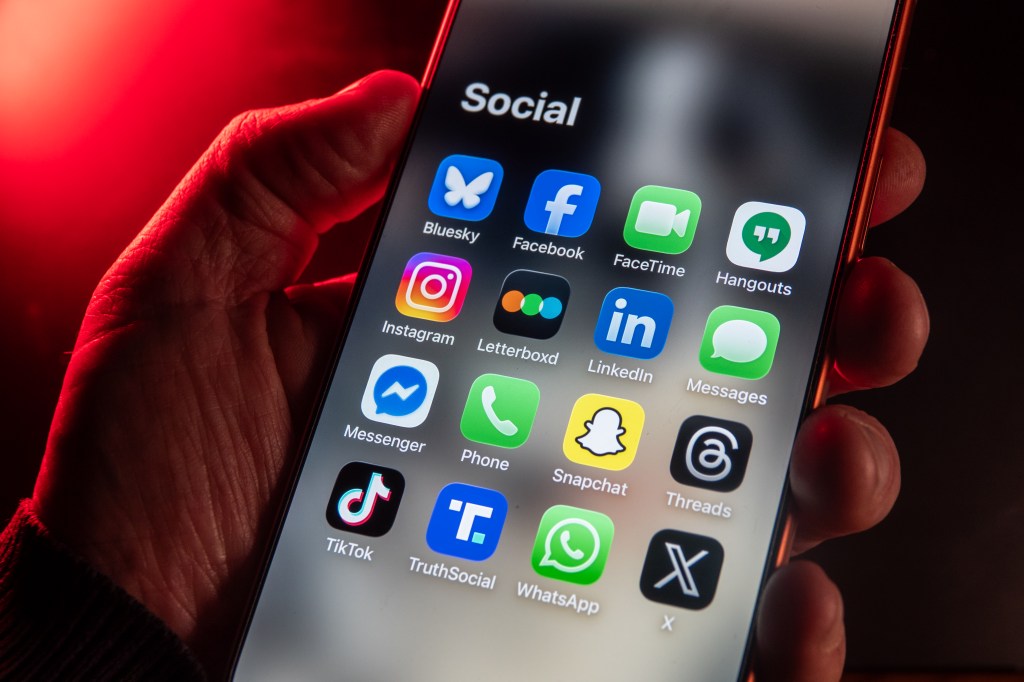The SEC has amended certain rules under Regulation National Market System (Reg NMS), the 2005 ruleset that modernized US stock markets and sought to ensure fairness and competition.
Let’s take a look.
Minimum tick size halved for certain stocks under Rule 612
A second minimum pricing increment has been introduced for the
Register for free to keep reading
To continue reading this article and unlock full access to GRIP, register now. You’ll enjoy free access to all content until our subscription service launches in early 2026.
- Unlimited access to industry insights
- Stay on top of key rules and regulatory changes with our Rules Navigator
- Ad-free experience with no distractions
- Regular podcasts from trusted external experts
- Fresh compliance and regulatory content every day













